Connected cars and data protection
The reason the likes of Google, Amazon and Apple have been desperate to invade your car’s cabin is because they would get access to a wealth of information. And if cars become autonomous, you could use that valuable time to feed your online shopping addiction or stream your Amazon Original Series.
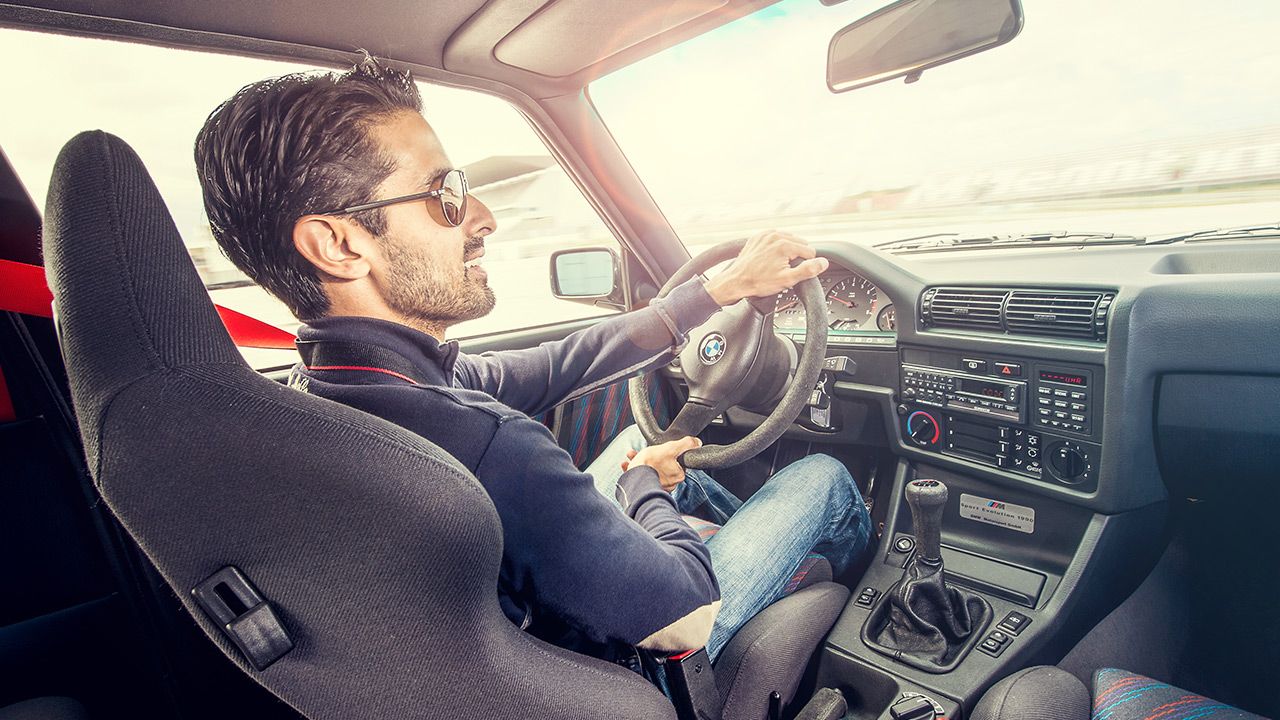
With cars becoming connected, who owns, controls and protects my data?
We’ve all come to terms with the fact that Google Maps is tracking our every move. In fact, even when you put your phone in Airplane Mode, it continues to log your whereabouts and store each of those data points somewhere in the colossal cloud. The same goes with Facebook every time you ‘check in’ to your favourite restaurant, which serves ‘Instagram worthy’ fare. But since we can’t imagine a world in which Google doesn’t chart out the course for our lives, we live with the implications this has against our privacy!
But now there’s one more device (a connected car, after all, is the ultimate device) that’s not only tracking your whereabouts but also just how lead-footed you are in an attempt to get there – presumably to be in time to capture that perfect Instagram moment…
The reason the likes of Google, Amazon and Apple have been desperate to invade your car’s cabin is that they would get access to a wealth of information. And if cars become autonomous, you could use that valuable time to feed your online shopping addiction or stream your favourite Amazon Original Series.
But, thus far at least, the carmakers have been shy of the tech giants, and don’t appreciate the intrusion on their turf. Already, your connected car knows where you are, how you got there, and whether or not you broke the rules of the road en route.
Big data is defined as extremely large data sets that may be analysed computationally to reveal patterns, trend and associations.
As far as I’m concerned, if that data can be used to reduce congestion and improve efficiency, I’m all for it. But when you drill that mass of ones and zeros down to individual data points, what you get is an insight into my private life that perhaps only my spouse would be privy to – and, in some cases, specifically not.
Your Tesla, in fact, even creates video recordings of where you’ve been. The car’s external cameras then relay that information back to the company’s servers, which uses that data to continuously improve its Autopilot self-driving technology. And while Tesla claims that recordings can’t be traced to specific vehicles, the onus to protect your data is on the vehicle manufacturers and technology companies – and, at the moment, what they choose to do with that data is fair game.
So, while I may hold my phone and the keys to my car in my hands, I certainly don’t have any ownership of the streams of my ‘private’ data that’s sitting in server banks the world over.
Also read - The World Car Test Drives cement my Neanderthal disposition
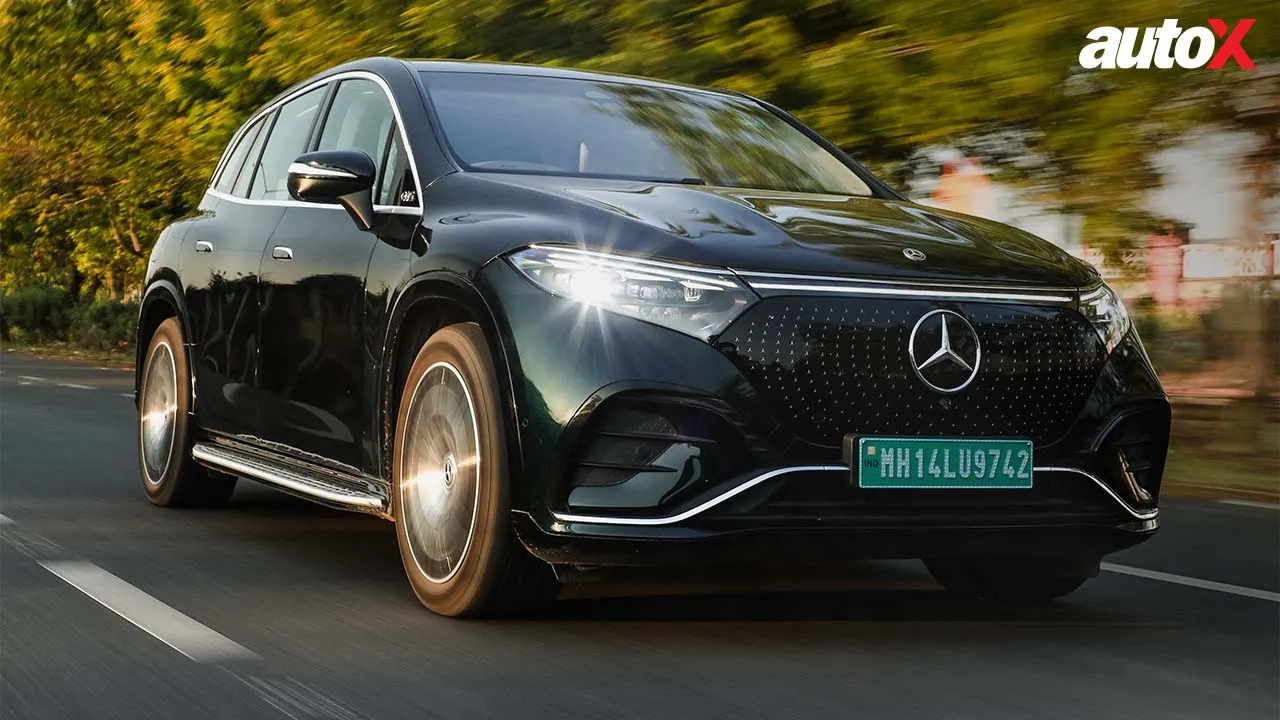
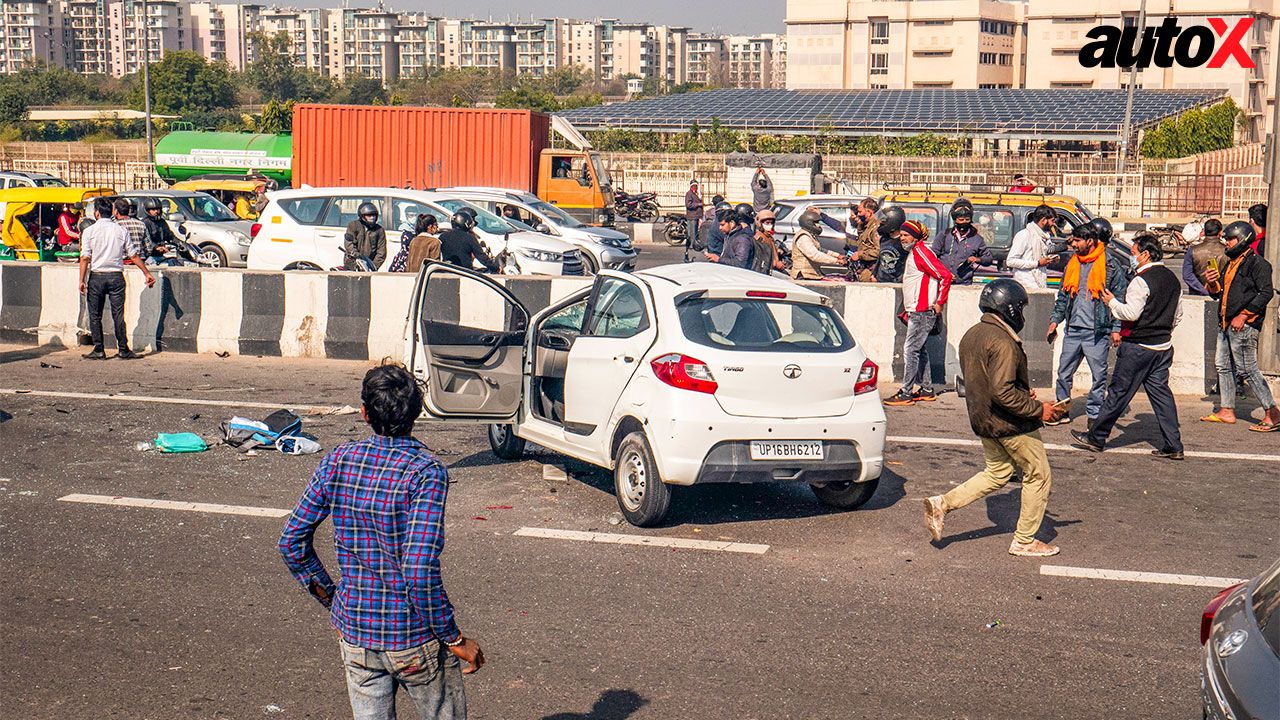
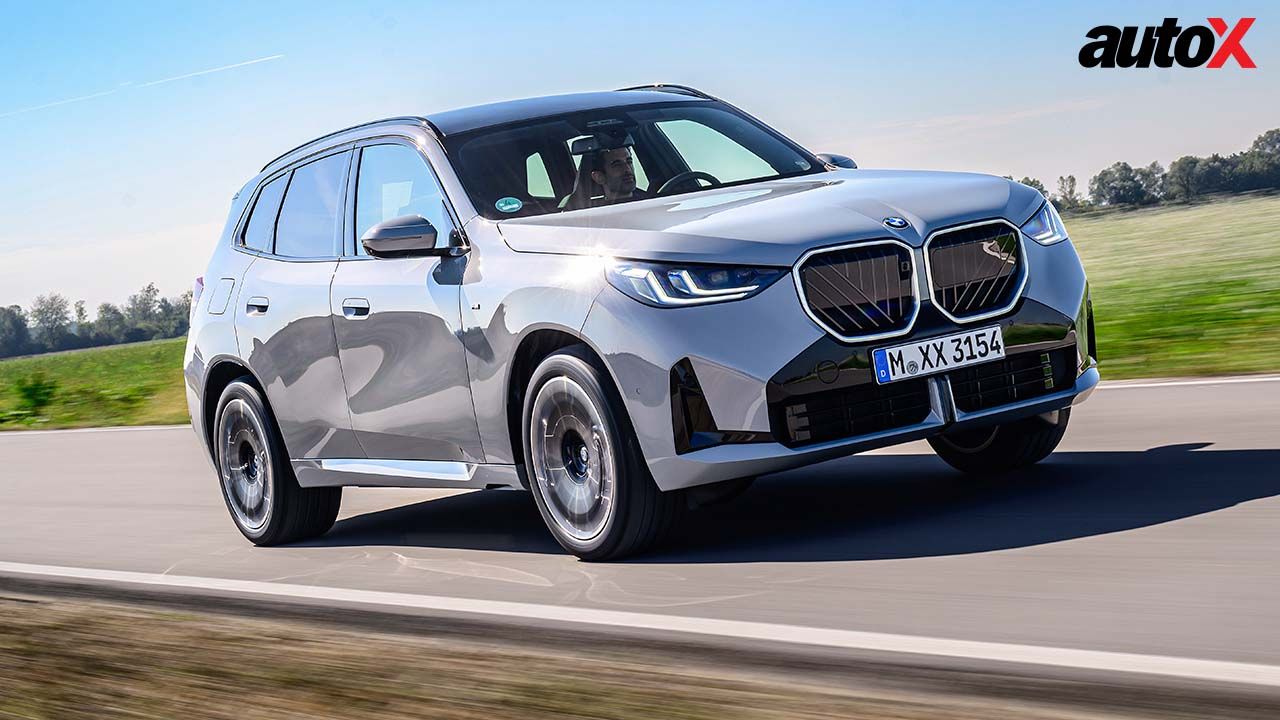

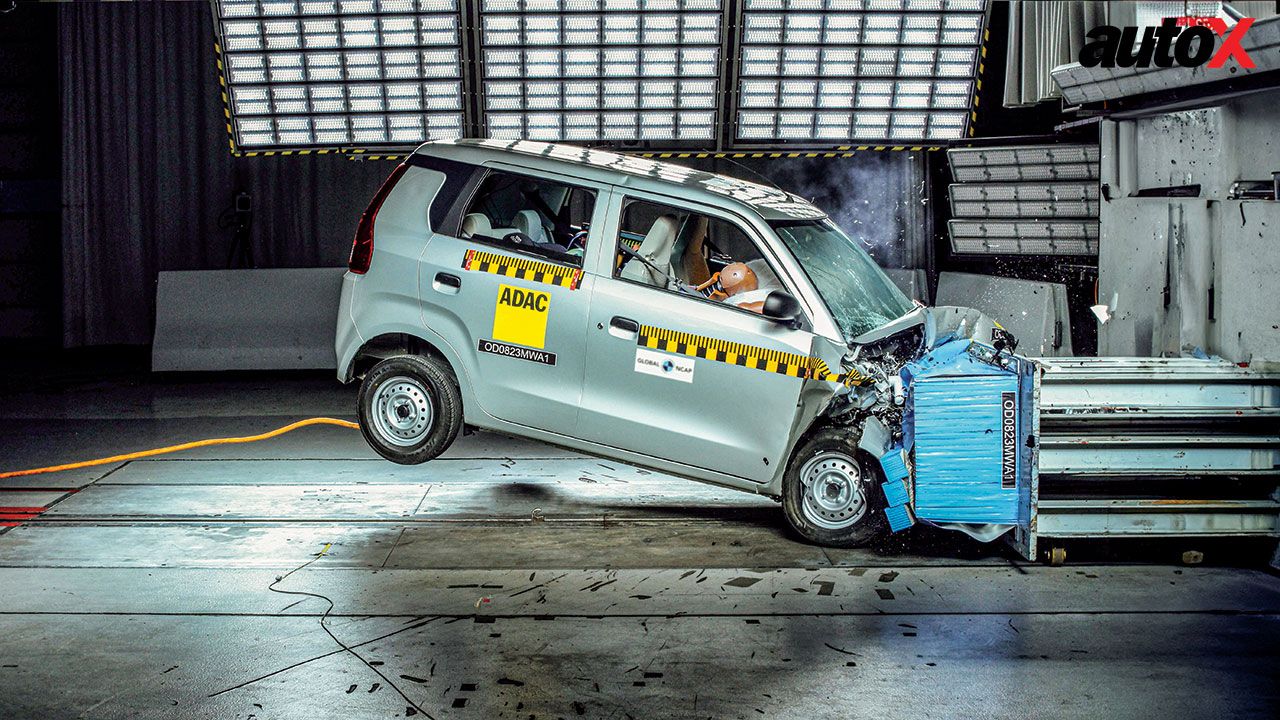
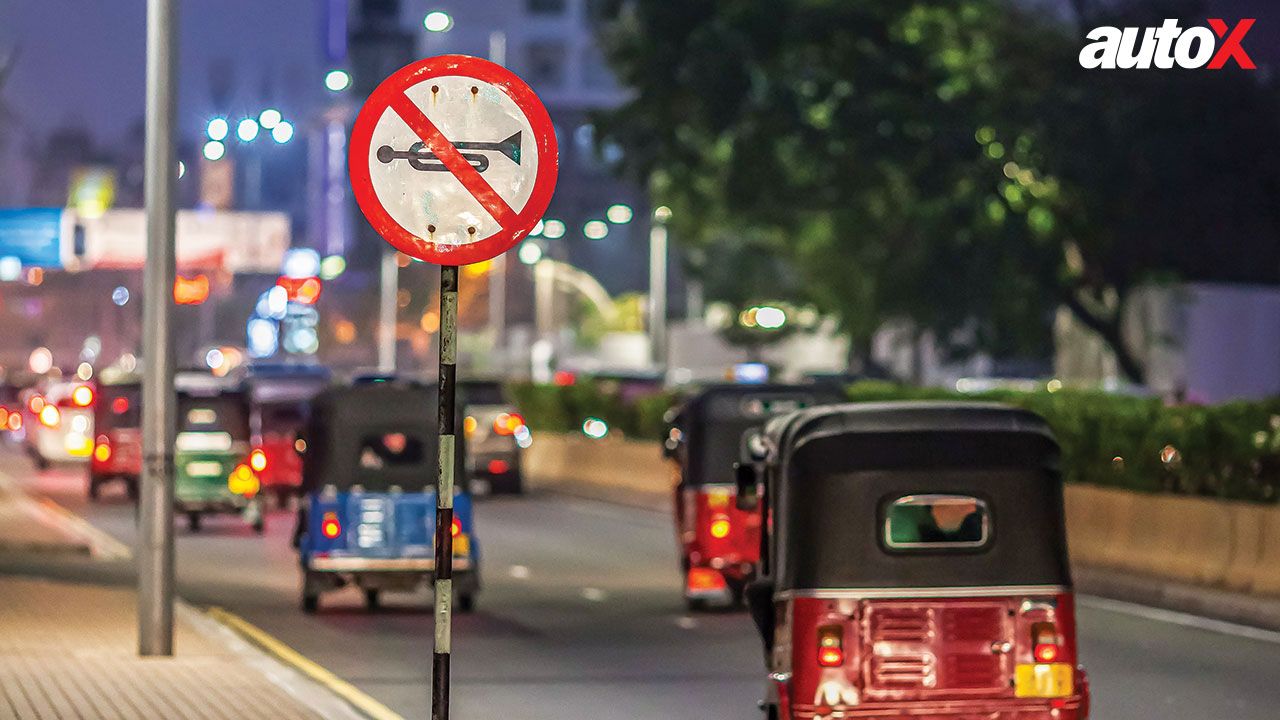
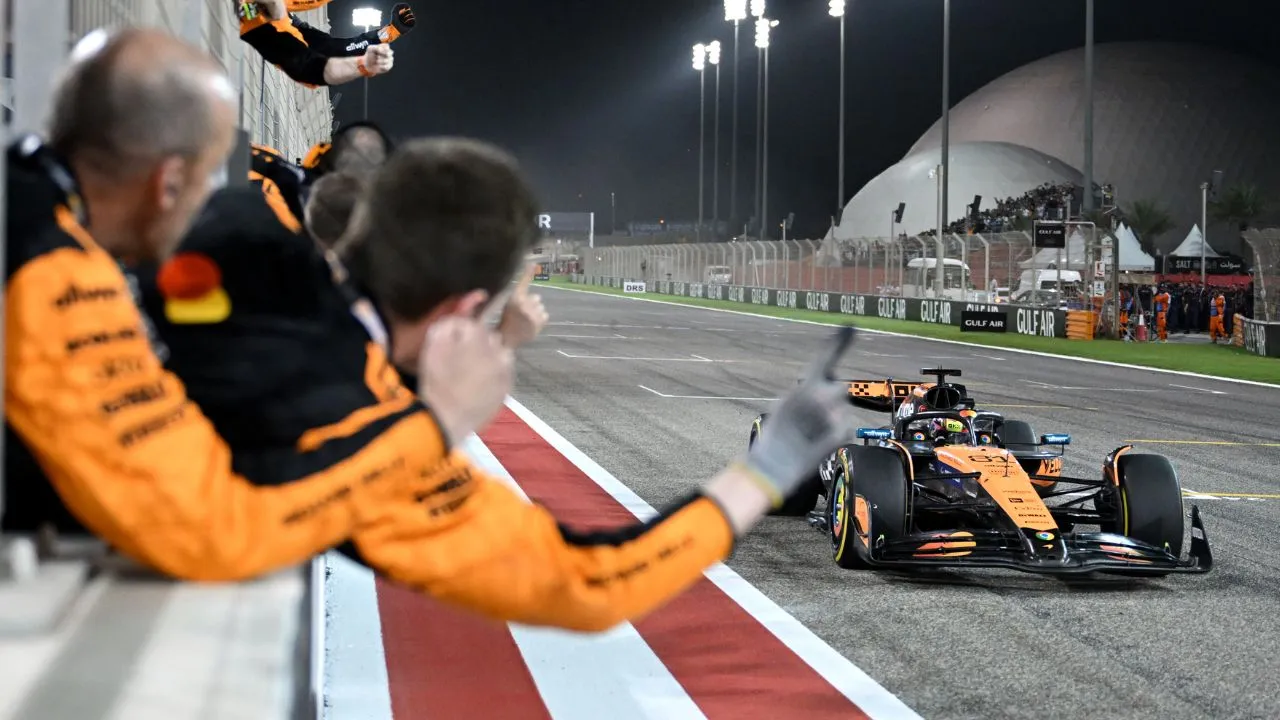
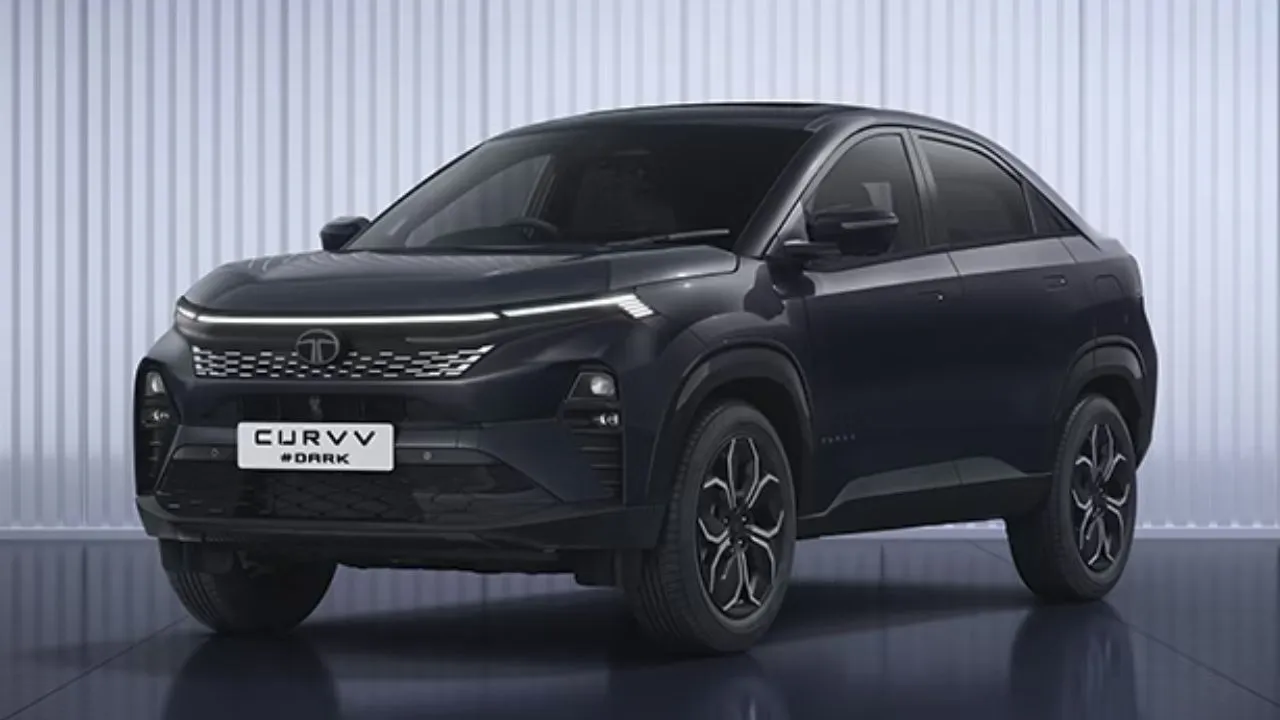
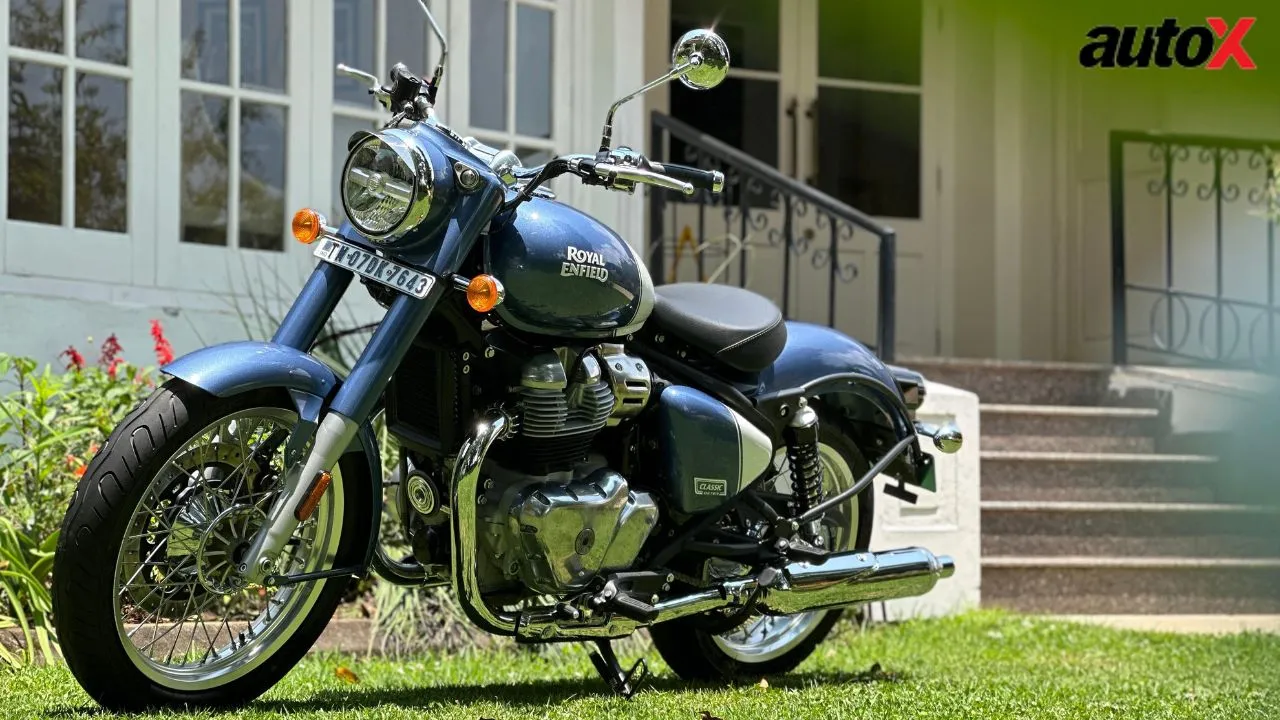
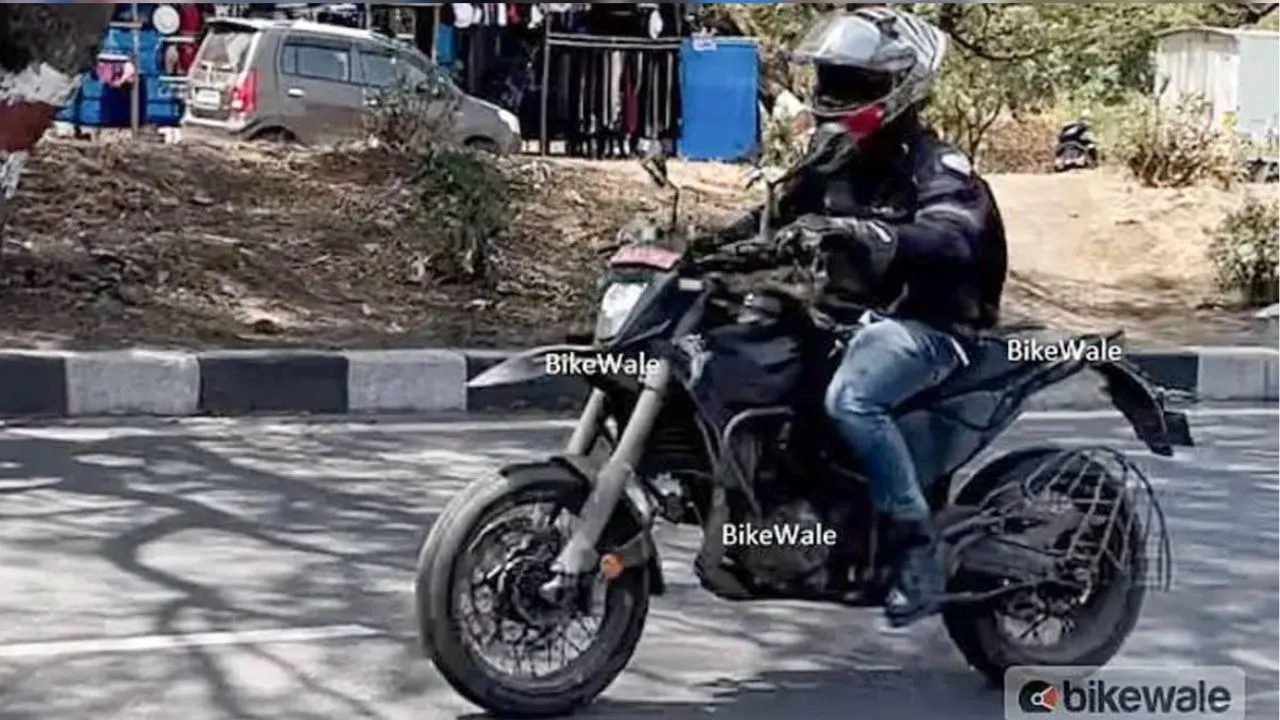
-(1).webp)
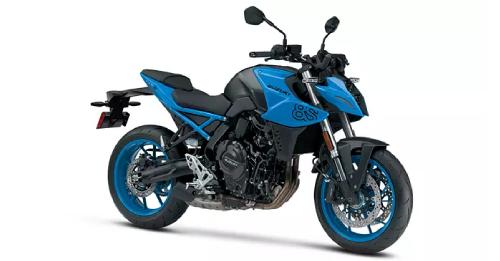

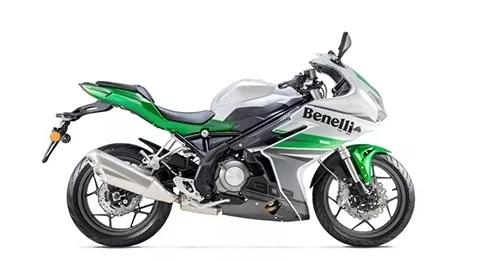
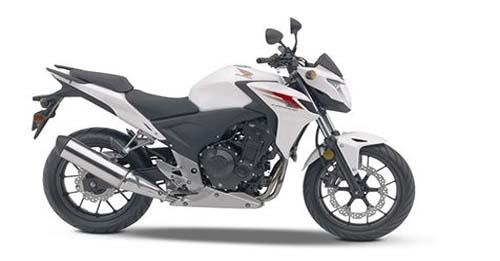














Write your Comment on